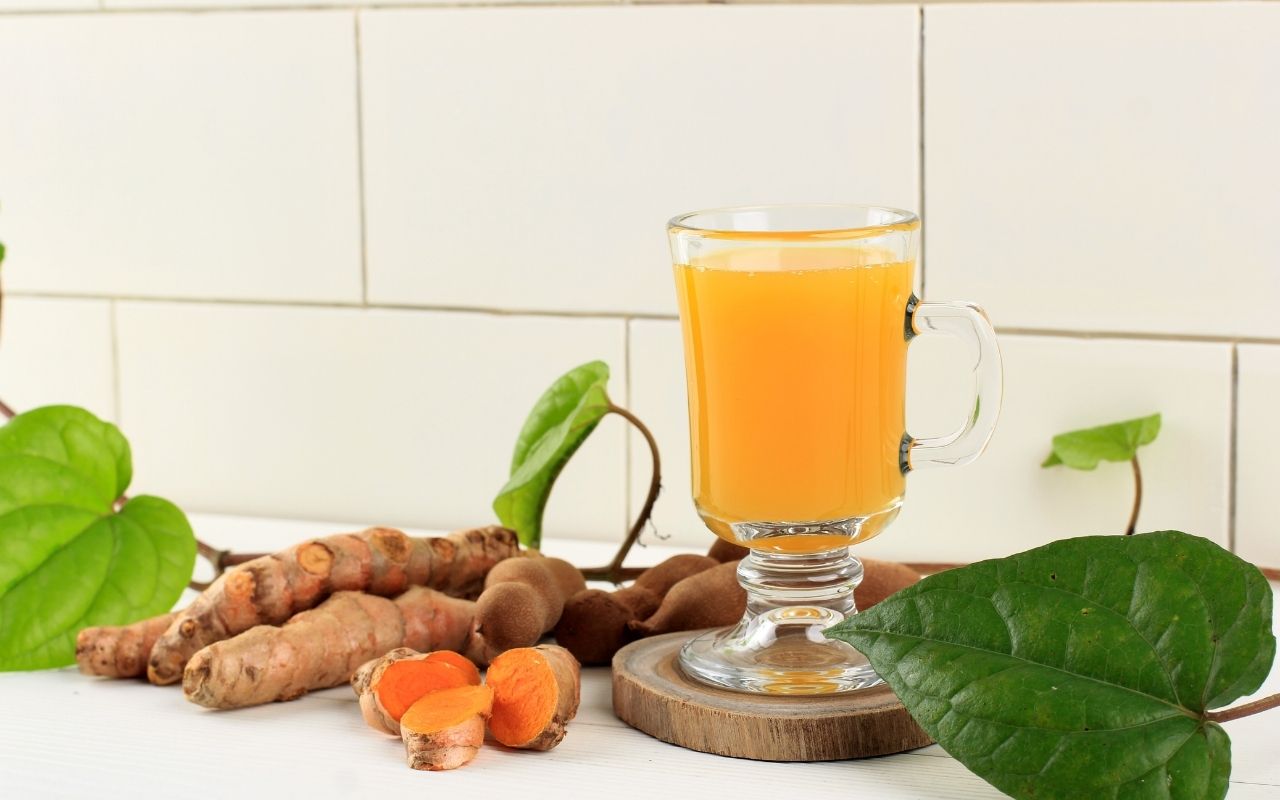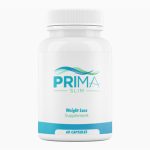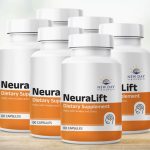Joint health is critical to overall wellness, especially as we age or engage in strenuous physical activity. The key to maintaining healthy joints is understanding the components contributing to joint integrity and function. This comprehensive guide delves into the roles of glucosamine, chondroitin, and turmeric in promoting joint health, providing evidence-based insights on their benefits and usage.
The Role of Glucosamine in Joint Health
Glucosamine is a naturally occurring compound found in the cartilage of joints. It plays a crucial role in maintaining the structural integrity of cartilage, acting as a building block for glycosaminoglycans and proteoglycans, which are essential components of cartilage. As we age, the natural production of glucosamine in the body decreases, leading to the degeneration of cartilage and the onset of conditions such as osteoarthritis.
Regular supplementation with glucosamine can help to mitigate these effects by promoting the repair and maintenance of cartilage. Various studies have shown that glucosamine supplements can significantly reduce the symptoms of osteoarthritis, such as pain and stiffness, thereby improving joint function and overall quality of life.
Glucosamine is often derived from shellfish shells or synthesized in laboratories and is available in several forms, including glucosamine sulfate, hydrochloride, and N-acetyl-glucosamine. Glucosamine sulfate is the most commonly used form in supplements due to its higher bioavailability and efficacy.
Chondroitin: A Partner to Glucosamine
Chondroitin sulfate is another vital component found in cartilage. It works synergistically with glucosamine to support cartilage structure and function. Chondroitin helps to retain water in the cartilage, which is crucial for its elasticity and ability to absorb shock. It also inhibits the action of enzymes that break down cartilage, thereby protecting it from degradation.
Supplementation with chondroitin has been shown to reduce pain and improve mobility in individuals with osteoarthritis. It is often combined with glucosamine in joint supplements to provide comprehensive support for joint health. Numerous clinical trials have backed the effectiveness of this combination, making it a popular choice for those seeking to manage joint pain and improve function.
Chondroitin is typically sourced from animal cartilage, such as cows, pigs, or marine sources. It is available in various forms, including capsules, tablets, and powders, making it easy to incorporate into one's daily regimen.
Turmeric: Nature's Anti-Inflammatory
Turmeric, a golden-yellow spice commonly used in Asian cuisine, has gained recognition for its potent anti-inflammatory properties. The active component in turmeric, curcumin, has been extensively studied for its ability to reduce inflammation and alleviate pain. This makes turmeric an invaluable natural remedy for joint health, particularly for conditions characterized by inflammation, such as arthritis.
Curcumin modulates inflammatory pathways in the body, inhibiting the production of pro-inflammatory molecules such as cytokines and enzymes. This helps to reduce inflammation and alleviate pain, thereby improving mobility and joint function. In addition to its anti-inflammatory effects, curcumin has antioxidant properties that help to protect joint tissues from oxidative damage.
Turmeric supplements are available in various forms, including capsules, tablets, and powders. For enhanced bioavailability, curcumin is often combined with piperine, a component of black pepper that significantly increases its absorption. This combination maximizes the benefits of turmeric and ensures that the body can effectively utilize it.
The Synergistic Effects of Glucosamine, Chondroitin, and Turmeric
The combination of glucosamine, chondroitin, and turmeric provides a multi-faceted approach to joint health. While glucosamine and chondroitin work together to support cartilage's structural integrity and repair, turmeric addresses the inflammatory aspects of joint health. This synergistic effect makes these three components powerful allies in the fight against joint degeneration and pain.
Research has shown that the combined use of these supplements can significantly improve joint function and reduce pain and stiffness. For instance, a study published by the Mayo Clinic found that individuals taking glucosamine and chondroitin experienced notable relief from osteoarthritis symptoms. Additionally, the anti-inflammatory properties of turmeric complement the joint-supporting effects of glucosamine and chondroitin, providing a comprehensive solution for maintaining joint health.
Practical Considerations for Supplementation
When considering joint supplements, it is essential to consult with a healthcare provider to ensure that they are appropriate for your specific needs. This is particularly important for individuals with underlying health conditions or those taking other medications, as there may be potential interactions. For example, turmeric can interact with blood thinners and certain medications, so professional guidance is crucial.
The dosage of these supplements can vary based on individual needs and the product's specific formulation. Generally, glucosamine is taken in doses of 1,500 mg per day, chondroitin in doses of 800-1,200 mg daily, and turmeric in doses of 500-2,000 mg daily. However, it is best to follow the recommendations provided by your healthcare provider or the product manufacturer.
It is also worth noting that while supplements can provide significant benefits, they should be used as part of a comprehensive approach to joint health. This includes maintaining a healthy weight, exercising regularly, and following a balanced diet rich in nutrients that support joint health.
Supporting Joint Health Through Lifestyle
In addition to supplementation, several lifestyle factors can play a crucial role in maintaining joint health. Regular physical activity is essential for keeping joints flexible and strengthening the muscles that support them. Low-impact exercises, such as swimming, cycling, and walking, are particularly beneficial for individuals with joint pain, as they provide the necessary movement without putting excessive stress on the joints.
Maintaining a healthy weight is also critical, as excess weight can strain the joints, particularly the knees, hips, and back. A balanced diet with anti-inflammatory foods, such as fatty fish, nuts, seeds, and leafy green vegetables, can further support joint health. Additionally, staying hydrated is essential for maintaining the lubrication of joints and preventing stiffness.
The Future of Joint Health Supplements
The field of joint health supplementation is constantly evolving, with ongoing research aimed at identifying new and more effective ways to support joint health. Emerging supplements, such as collagen and hyaluronic acid, are showing promise in promoting joint integrity and function. Collagen, a protein that provides structure to various tissues in the body, including cartilage, has been shown to support joint health by promoting the repair and maintenance of cartilage. Hyaluronic acid, naturally present in the synovial fluid of joints, acts as a lubricant and shock absorber, helping to reduce friction and alleviate pain.
Additionally, advancements in delivery methods, such as liposomal formulations and nanotechnology, are enhancing the bioavailability and efficacy of joint supplements. These innovations ensure that the active ingredients are more readily absorbed and utilized by the body, maximizing their benefits.
Why Quality Matters
When selecting joint supplements, quality is of utmost importance. Choosing high-quality products ensures you get effective and safe ingredients that will provide the desired benefits. Reputable manufacturers adhere to stringent quality control standards and use clinically validated ingredients, enhancing their products' reliability and effectiveness.
Look for supplements that third-party organizations have tested for purity and potency. This assures that the product contains the ingredients listed on the label and that it is free from contaminants. Brands that are transparent about their sourcing, manufacturing processes, and testing protocols are generally more trustworthy.
Expert Opinions on Joint Health Supplements
Many experts in integrative medicine and rheumatology advocate for the use of joint supplements as part of a comprehensive approach to managing joint health. Dr. Andrew Weil, a renowned integrative medicine physician, emphasizes the importance of using natural remedies, such as glucosamine, chondroitin, and turmeric, to support joint health and reduce inflammation. Similarly, Dr. David Leopold, a specialist in pain management, highlights the benefits of these supplements in managing osteoarthritis symptoms and improving quality of life.
These expert endorsements and the extensive body of research supporting the efficacy of joint supplements underscore their value in maintaining joint health and function.
Conclusion
Joint health is a multifaceted aspect of overall wellness that requires a combination of strategies to maintain. Glucosamine, chondroitin, and turmeric offer potent benefits for supporting joint integrity, reducing inflammation, and alleviating pain. Individuals can significantly improve their joint health and quality of life by incorporating these supplements into a comprehensive approach that includes regular exercise, a healthy diet, and weight management.
For those seeking effective solutions for joint health, the evidence supports using glucosamine, chondroitin, and turmeric as valuable components of a holistic approach. With ongoing research and advancements in the field, the future of joint health supplementation looks promising, offering hope for improved mobility and comfort for people of all ages.
Consider visiting reputable sources such as the Mayo Clinic and Simon Vet Surgical to explore high-quality supplements and gain further insights into managing joint health.
By staying informed and proactive in managing joint health, individuals can enjoy a more active and pain-free life, embracing the activities they love without the limitations imposed by joint issues.









